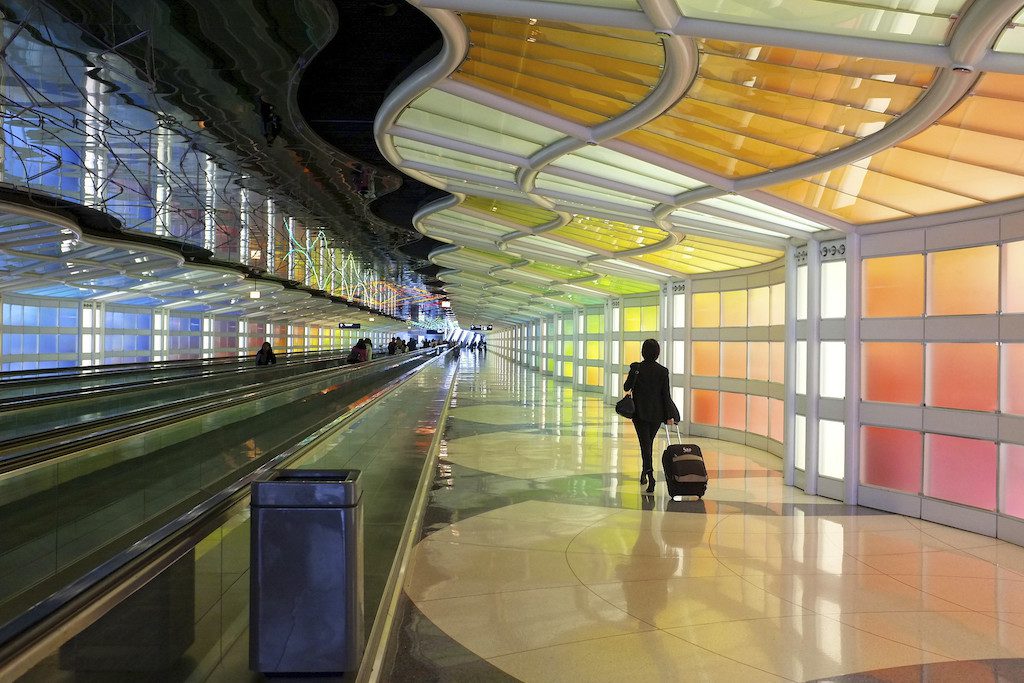Business Travel May Face 'Permanent Haircut': Former OpenTable CEO on The Long View This Week

Skift Take
Travel in 2021 will probably look very little like it did in 2019. How will it be different? It's not yet clear, though some themes are emerging.
By now, much of corporate America has concluded business travel may be on the decline, not just for the short term, as the country grapples with Covid-19, but for years to come, with more firms adjusting to videoconferencing.
It's a view shared by Christa Quarles, former CEO of OpenTable. In a wide-ranging discussion Friday with Skift CEO Rafat Ali, Quarles said what many business travelers know as normal may never return.
"We might be looking at a permanent haircut," she said. "Tech companies have always known what is possible in a remote structure. Now, every other company is going 'Wow,
